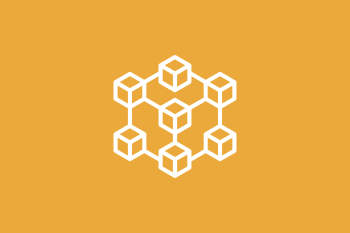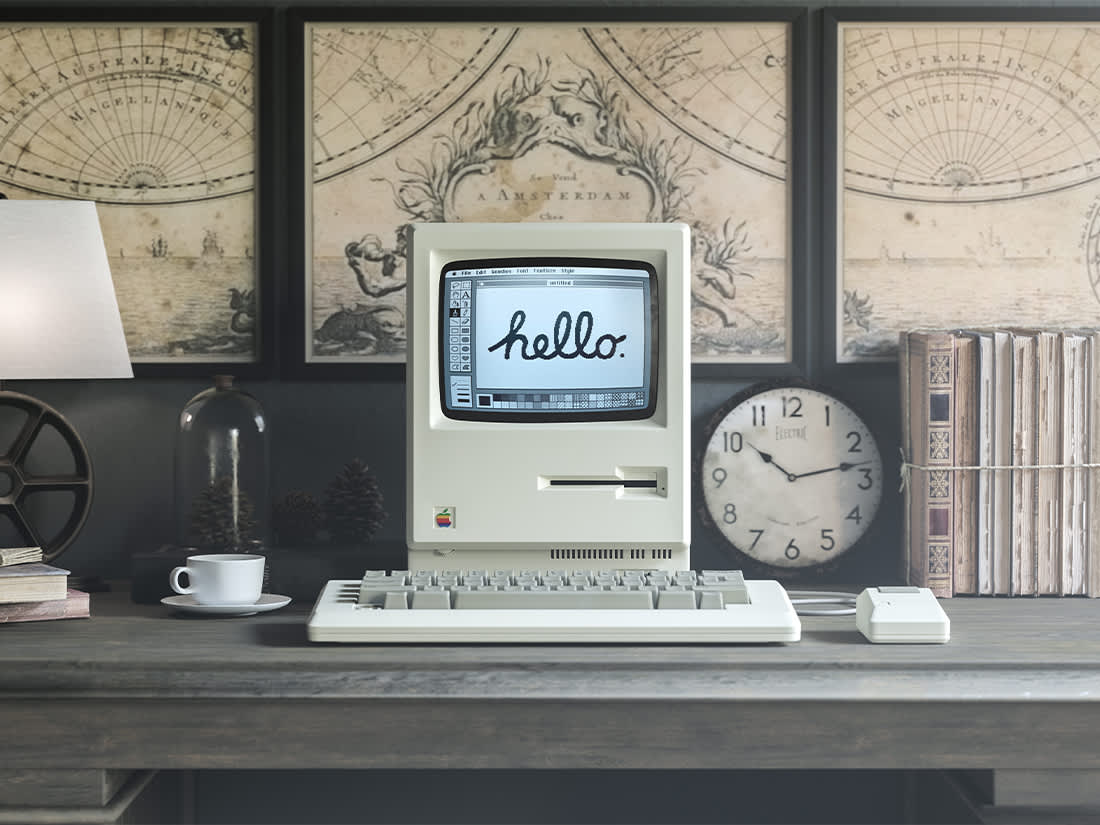
What is blockchain technology
If you have no idea what a blockchain is, and no matter how many times you google it, you can't seem to get it, don't fret. I was in your exact position not too long ago, and I'm about to explain to you what a blockchain is; the only way I was able to understand it at the time. Let's begin.
A blockchain is a database where the data is publicly available for anybody to see. This is a method of storing data that makes it difficult or impossible to alter, hack, or cheat.
Everything you're reading is just the tip of the iceberg, but this is all you need to know for now. Let's dig a little deeper: as you probably guessed from the name, blockchain is a chain of blocks. I want you to imagine that this chain of blocks is a digital ledger. Each block consists of the transaction data, asset information, previous block's hash (explain hash), and more. Each block is stored on a node (imagine a node as a small server where every node is connected and exchanges every new piece of information on the blockchain, so nodes are always up to date. Let's say you want to temper the data on the blockchain network and change it? Oops, sorry, you can't, unless you can change it in ALL the nodes ever, which is impossible.
So far, so good? Now, The block we just mentioned consists of the transaction data, asset information, and more.
You may be wondering why you should care or why blockchain technology is so important. There are MANY reasons, and I will mention a few, just to give you an idea:
1. Digital currency:many failed attempts towards developing digital money have been made in the past. As you can guess, trust is always the most significant reason for many things that fail, whether a relationship or a business. It either makes or breaks. After all, why would you believe somebody who created a new currency won't just steal the money that you paid for the currency they made? Blockchain solves that issue.
2. International payments: blockchain enables the development of a secure, impenetrable log of sensitive activities in a safe and time-efficient manner, making it ideal for international payments.
3. Money laundering: blockchain is beneficial for AML (anti-money laundering) regulations. Suppose you're familiar with KYC (Know Your Customer), which is the process where a company must verify the identity of the customers. In that case, you can easily understand how useful blockchain technology is because of how immutable the data is.
4. Insurance: the best use for insurance is smart contracts. Smart contracts allow for an extremely high level of trust between insurers and their clients, since all contracts would be stored on the blockchain and are transparent and enforceable by code.
TLDR; a blockchain is a public list of transactions anyone can view. For instance: the Bitcoin blockchain has a record of every single bitcoin transaction ever made.
As you can probably tell, blockchain technology, singlehandedly supports the digital currency space, as well as many others. It frees us from the need for a middle man (e.g., banks) to transfer information or assets between buyers and sellers, as no single entity owns the public record.


